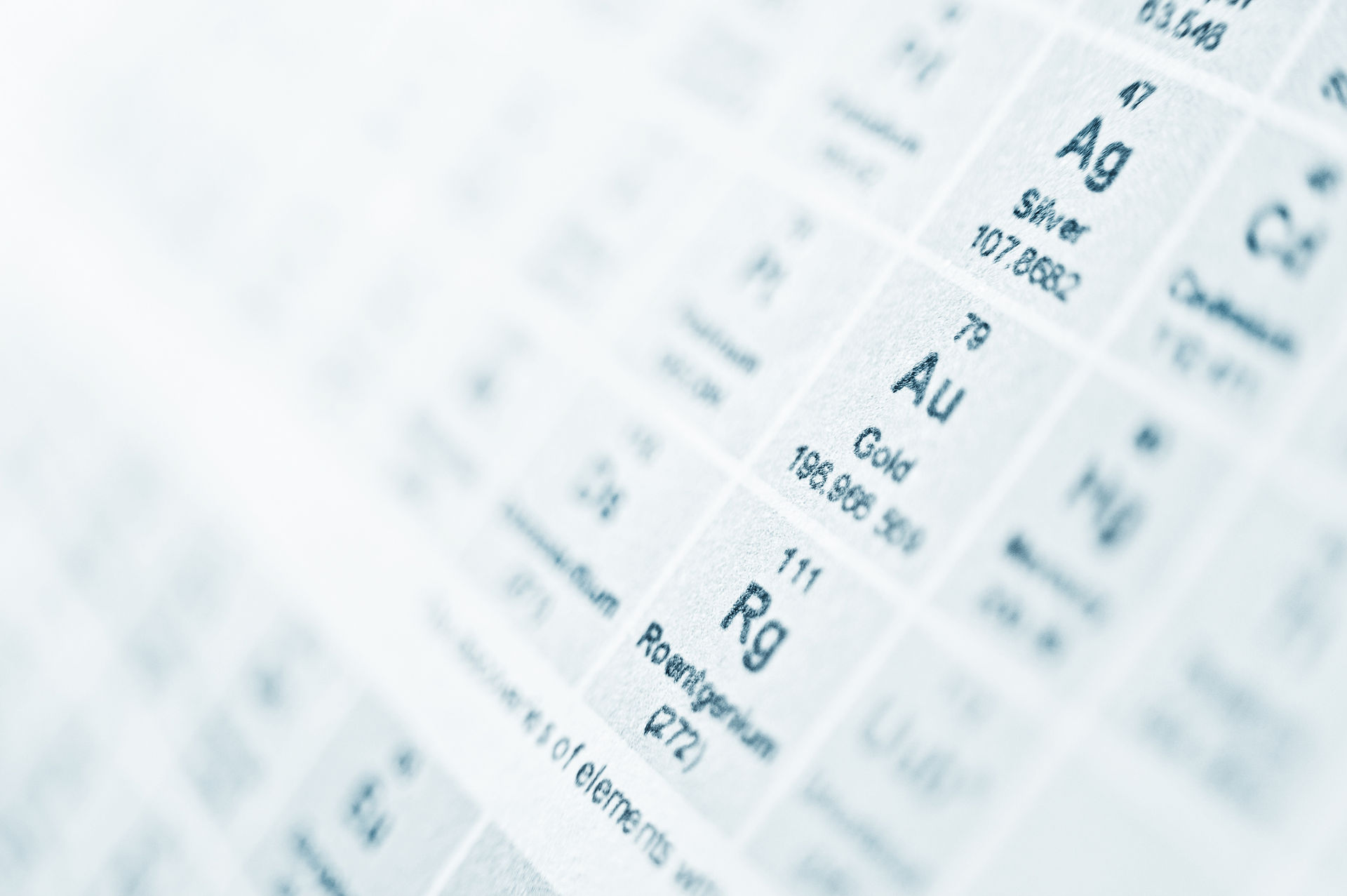- melissahong1
- May 28, 2021
- 2 min read
Updated: Nov 2, 2021

[Fremont, CA], June 29, 2020 – Automat Solutions, Inc. has received $200,000 from Department of Energy (DOE) Small Business Innovation Research (SBIR) program to develop a stable high-energy-density vehicle battery with drop-in lithium anode enabled by a stable advanced liquid electrolyte, via the Materials AI Robotics-driven System (MARS).
The advancement of electric drive vehicle batteries is crucial for improving transportation energy efficiency. Batteries using high-capacity lithium metal anode hold promise due to their high energy densities to extend driving range and lower costs. Currently, an advanced electrolyte is urgently needed to stabilize lithium metal anode for longer battery life.
In this project, a novel class of high energy density batteries will be developed by dropping lithium metal anodes into a conventional lithium ion battery enabled by an advanced liquid electrolyte. The development process employs a closed-loop machine learning and high-throughput robotic experimentation workflow which allows for an efficient search of the vast chemical and material space for possible electrolytes. This interdisciplinary approach will produce advanced liquid electrolytes, offering a longer cycle life and lower cost with more efficiency than the currently employed Edisonian processes.
The innovation of the project is related to the following aspects: (1) a plug-and-play approach to boost battery energy density and take advantage of mature lithium-ion technology; (2) a liquid electrolyte that controls uniform and reversible lithium stripping/plating; and (3) fast discovery and optimization using machine learning and high-throughput automated experimentation.
About Automat Solutions, Inc.: Automat Solutions, Inc. develops a transformative approach to simplify advanced material Research and Development (R&D) and to accelerate Time to Market (TTM) with a current focus on battery material development. The approach consists of a Materials AI Robotics-driven System (MARS) that is purposefully built for R&D, combining machine learning and high-throughput robotic automation. Promising to solve one of the biggest struggles of material innovation—lengthy TTM—it cuts the discovery time for new material solutions drastically by ten times. The company’s vision is to employ an autonomous centralized facility with AI and Robotics as the foundation for material innovation, education, and commercialization.
About the Department of Energy (DOE)'s Small Business Innovation Research (SBIR) and Small Business Technology Transfer (STTR) Programs: The SBIR and STTR programs are U.S. Government programs, intended to help certain small businesses conduct R&D. At DOE, funding takes the form of grants. Projects must have the potential for commercialization and meet specific DOE mission-specific R&D needs. DOE offers more than sixty technical topics and 250 subtopics, spanning research areas that support the DOE mission in: Energy Production, Energy Use, Fundamental Energy Sciences, Environmental Management, and Defense Nuclear Nonproliferation.

$50
Product Title
Product Details goes here with the simple product description and more information can be seen by clicking the see more button. Product Details goes here with the simple product description and more information can be seen by clicking the see more button

$50
Product Title
Product Details goes here with the simple product description and more information can be seen by clicking the see more button. Product Details goes here with the simple product description and more information can be seen by clicking the see more button.

$50
Product Title
Product Details goes here with the simple product description and more information can be seen by clicking the see more button. Product Details goes here with the simple product description and more information can be seen by clicking the see more button.




Comments